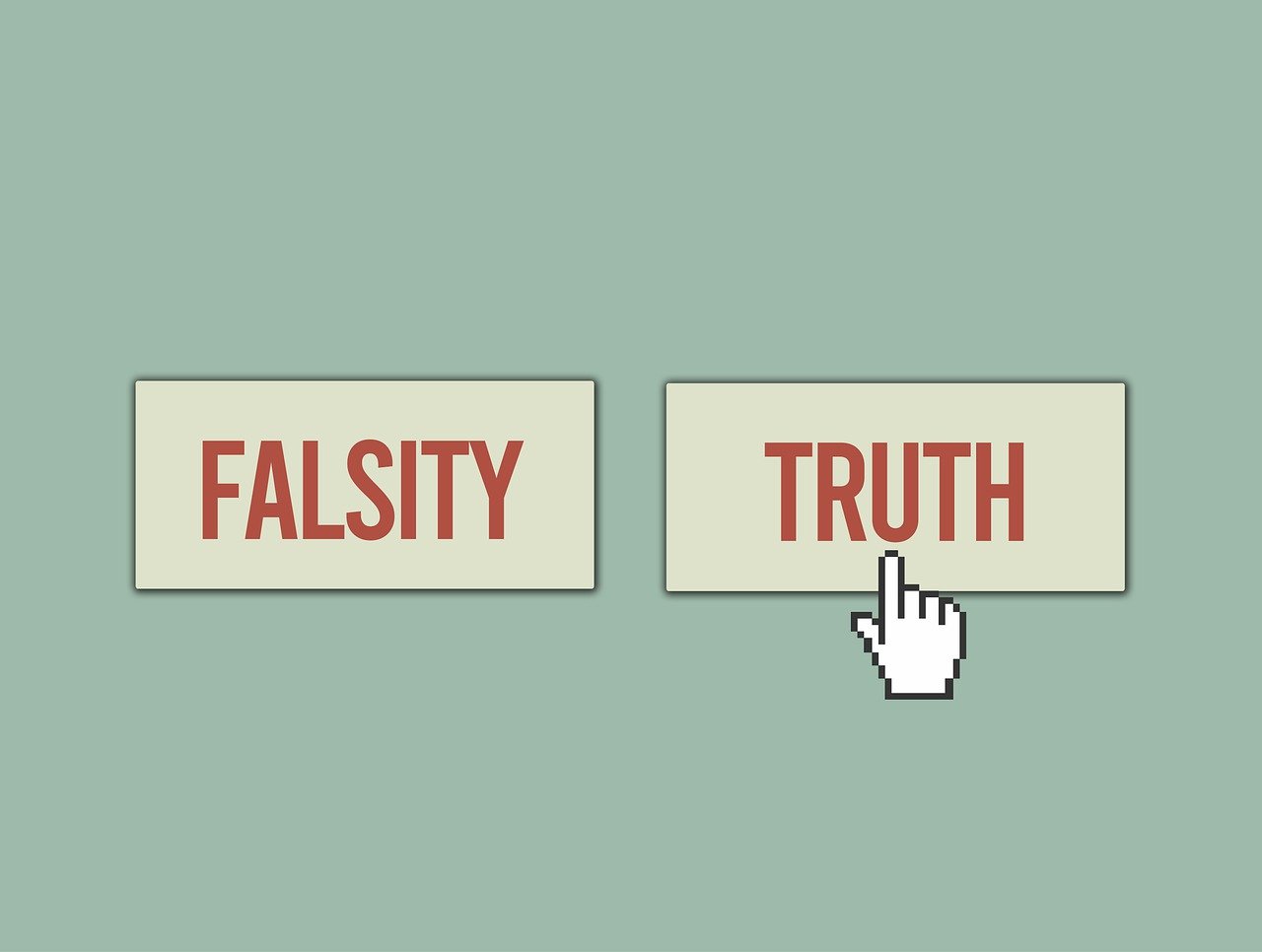SEO Tips and Tricks
Search Engine Optimization, better known as SEO, is an invaluable tool in the internet marketer’s toolbelt. SEO is how you get your business and content out onto the wide web and before interested users that can quickly become leads and from there become sales. SEO is simple in concept but can often seem like a daunting task. Regardless of whether you’re on day one of your first business or years into your career, SEO is something that you can master and implement with effective results short to follow. This article will help illustrate key concepts, practices, and components of effective Search Engine Optimization so you can upgrade your content and start getting more results today.
Think Human
While we will discuss algorithms and important things that programs and search engines such as Google are looking for when creating search engine rankings, it is important not to forget that behind every search is a human. The algorithms, pages, and search results are very important but none of them have any purpose without a human first searching. When creating titles, writing articles, or brainstorming key terms, make sure to keep this in mind. Text that is loaded with keywords that appeal to search engines but that doesn’t read coherently is likely to turn off interested users even if it is the first thing they see in the results bar. Make sure to phrase your posts, articles, and blogs organically in ways that read authentically and sound human. Properly optimized text is readable, concise, non-repetitive, and isn’t bloated with complex vocabulary.
Keywords, Keywords, Keywords
Keywords are specific terms or phrases that illustrate the main point of an article, blog, or content. These words may indicate different themes, subjects, or examples. Keywords help the reader to understand what your content is about and what interest it may have to them. On the search engine side of things, keywords are specifically chosen topics that you want your content to be associated with. Typically, it is in direct reference to topics within a piece of content or phrases taken from it. Make sure that you are choosing keywords that are both relevant to the content you have created and that highlight popular terms on Google or other search engines. A great way to discover more keywords is to use the search suggestions on Google. Type in the main focus of your to be created content and see what other results pop up. You can then tailor your content to these specific keywords, phrases, and questions.
Meta Data Matters
Meta Data can be easy to overlook if you are not experienced in content creation. Meta Data is not a direct part of your content or article, but is data used by search engines, hosting platforms, and social media to help define your content for the user. Meta Data can include the title and/or subtitle of your content. It may also include a description of the content, keywords, topics, subjects, or even length. It is crucial that you take the time to input your meta data so that it meets keywords you’ve chosen in an organic way. Let your potential audience know exactly what they are about to read about.
Link Inside
Linking is a crucial element of an SEO strategy. Linking creates threads between topics, subjects, and corroborating information. It also creates a natural funnel for you to suggest paths that your audience might take toward additional topics, subjects, and articles on your website or through your social media channels. Make sure that you are actively linking to relevant information within your own channels and on social media so that users can find additional information from the same source (you). This builds trust between your audience and your platform, creating greater opportunities for revisits and potential sales or connections.
Link Outside
As important as it is to link to your own content, it is equally important to link to content outside of your network as well. This not only lends credibility to the information or advice that you are offering, giving users a chance to verify their trust in what you say, bit also lends credibility to search engines as well. Outsides links provide additional sources and similar content that search engines can associate with your own. However, more importantly, it helps validate that the information you provide is being backed up by similar sources and experts within the field.
Broad Strokes
Remember that not all content needs to be highly specialized. While specialized content does have its audience and can do wonders for your click rates, it is important to remember when starting a business or a marketing push, that you also need to appeal to general audiences. Even people who don’t fully understand what your business offers or does need to be appealed to. General articles such as this one can be a great way for you to highlight some of the topics your business is knowledgeable on and can service to.
Analyze
One of the most important parts of Search Engine Optimization is analysis. Most hosting platforms and social media sites already have built in analytics or offer plugins that can help rate your content and provide real time feedback on what SEO you can be doing to help improve its readability, effectiveness, and potential to generate clicks, leads, or sales. Make sure that you are taking time to analyze not only your content but to analyze its effectiveness once published. What are users clicking on? Which articles you’ve linked to get increased traffic? Do certain keywords produce certain results?
Adapt
Once you’ve taken the time to analyze your content post publication you can take what you have learned and adapt your new content to fit. Make sure that you are building off your successes with similarly targeted content, keywords, and topics. Make sure you are also learning from content that doesn’t have the effect you wanted it to. Take the time to try and nail down what wasn’t producing clicks or sales. Effective SEO creates easily identifiable causes and effects that you can use to further optimize future content and keep your social media and internet marketing in high gear.
Featured Image
Image by Werner Moser from Pixabay




















